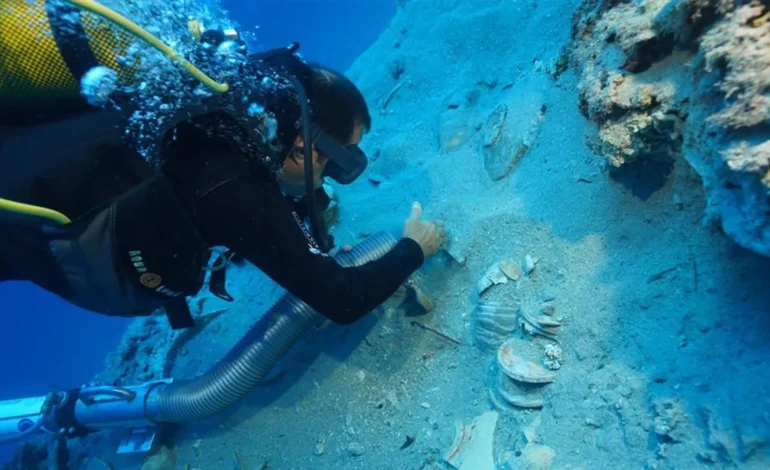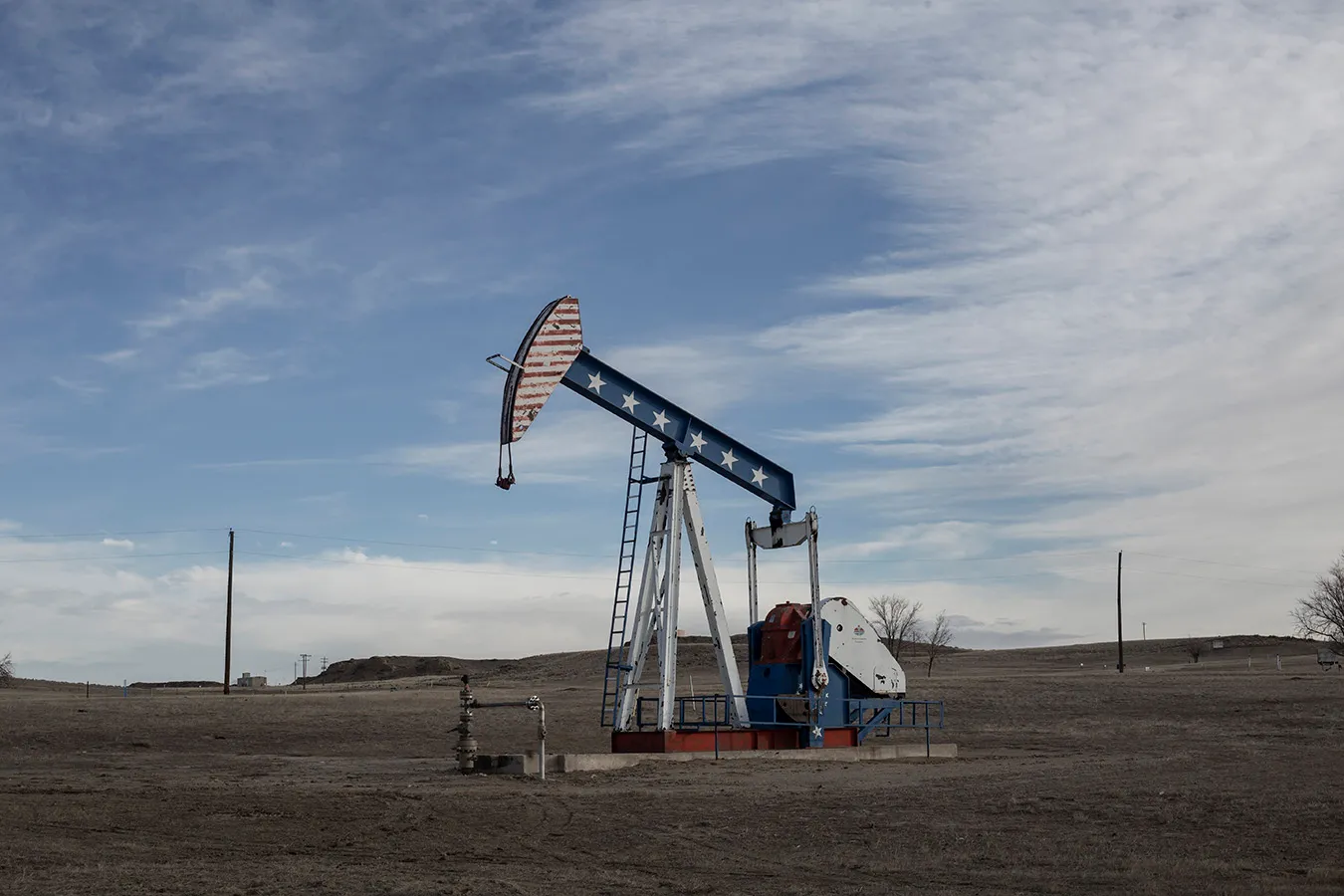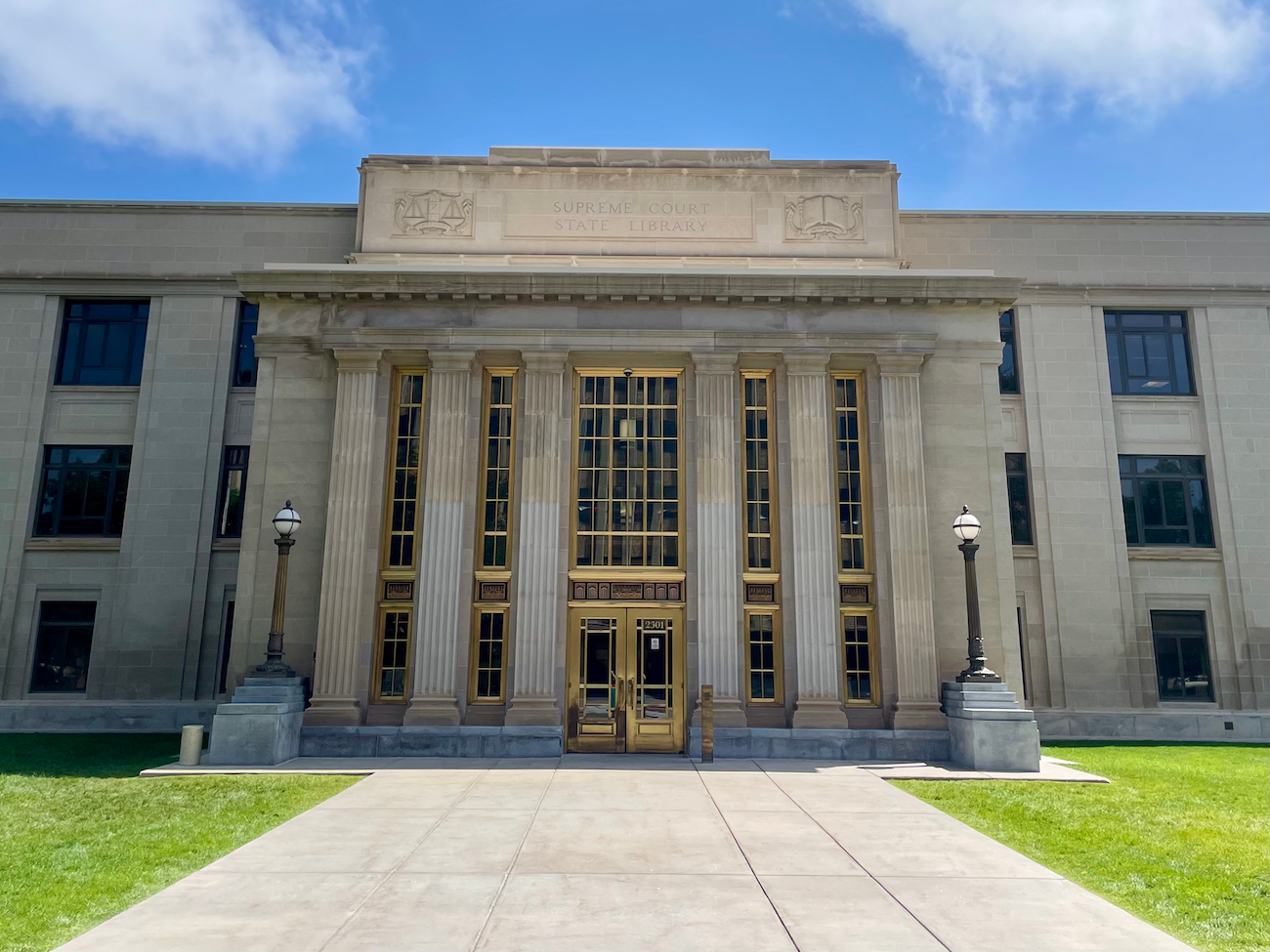Divers Discover 2,000-Year‑Old Shipwreck Loaded with Pristine Ancient Ceramics

Underwater archaeologists have uncovered a remarkably well-preserved shipwreck dating back two millennia, located off the coast of Turkey in the Mediterranean Sea.
The wreck, believed to be from the Late Hellenistic to Early Roman period, lies approximately 150 feet below the surface near Antalya Province. Dozens of intact ceramic items—including plates, bowls, and trays—were found stacked and coated in raw clay, preserving their deep red hues and delicate designs.
Turkish Culture and Tourism Minister Mehmet Nuri Ersoy personally participated in the dive. He highlighted that these ceramics, still retaining their original patterns, offer invaluable insight into ancient packaging and transport methods. The clays acted as a natural protective seal during the voyage, allowing the artifacts to survive for centuries nearly untouched.
The discovery, dubbed the “Ceramic Wreck,” is considered a major achievement for maritime archaeology. Experts believe this find will significantly enhance understanding of ancient trade routes and ceramic production during that era.
With input from Fox News









The latest news in your social feeds
Subscribe to our social media platforms to stay tuned